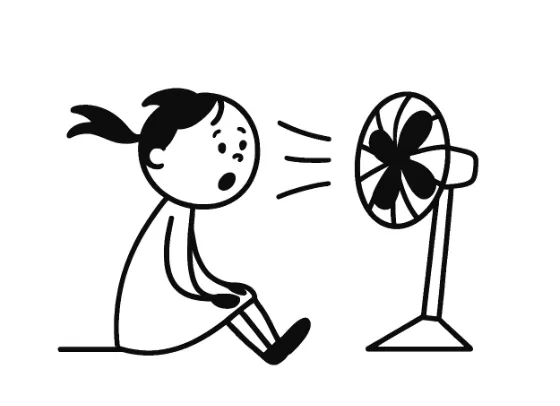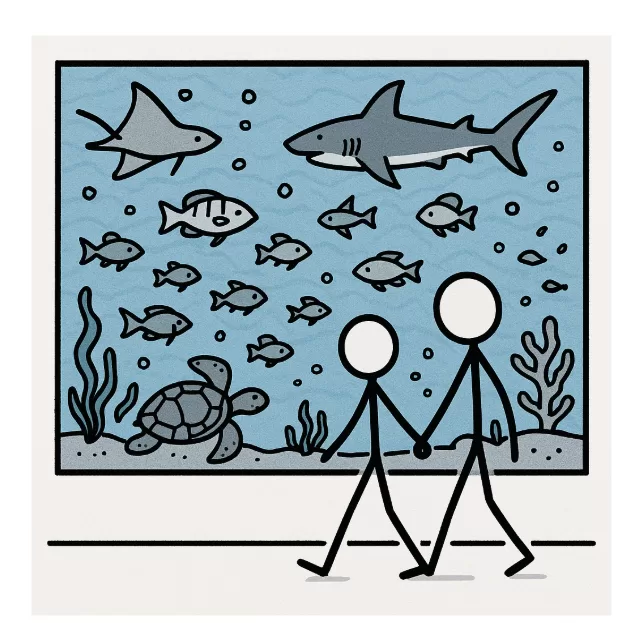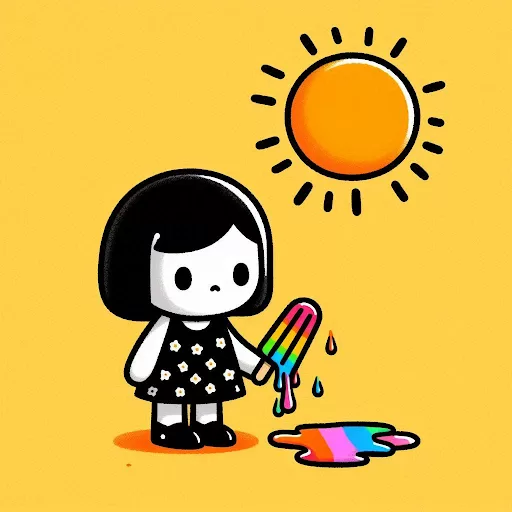What is Seasonal Stress?
Seasonal stress is the psychological and physical tension that individuals experience due to seasonal changes. It is often associated with colder months, shorter daylight hours, and holiday related pressures. It can manifest as symptoms of depression, anxiety, fatigue and mood swings. This is commonly known as Seasonal Affective Disorder (SAD). Factors contributing to seasonal stress include reduced sunlight, colder weather, and social isolation.
Seasonal stress and changes in mood
When we think of seasonal change and mood, images of a blue, cold winter often come to mind, but what about the summer?
We Floridians, (especially those of us who live in Lutz and Wesley Chapel) know that sweltering heat, mosquitoes, humidity and extreme weather can also very much impact how we feel. Some people may experience irritability or aggression, difficulty with sleep, restlessness, anxiety, and a poor appetite during the summer months.
Heat and humidity can impact our physical and mental health. It is important to be aware of the environmental factors that contribute to our mental health and address triggers before they become a problem. Heat stress can be life threatening and irritability can be one of the first signs that you need to get in the shade and obtain hydration and electrolyte replacement.
You can contact 211 to find a cooling center near you if you currently do not have access to reliable air conditioning. Public places like malls, libraries, and community centers are a good resource to beat the heat.

Cooling blankets, fans, cold showers, air conditioning, swimming, and refreshing drinks can help reduce the symptoms of unpleasant heat exposure and therefore boost mood. Being aware of your triggers by journaling or simply logging symptoms can help you realize when it is time to adjust your routine and implement alleviating strategies.
Many of us experience sweat induced stress, but Summer Pattern Seasonal Affective Disorder is more than frustrating mood changes due to stressors from the environment. It is a condition characterized by clinical depression that presents in a recurrent seasonal pattern and not due to other seasonal stressors (like the uncertainty of seasonal work). A therapist can help you determine the severity of what you are dealing with. Whether it be face to face therapy or telehealth therapy we are here to help.

A type of therapy that can be used is Cognitive behavior therapy. It empowers patients to address and alter disruptive thoughts and behaviors. A therapist can help you with skills to challenge negative thoughts and frameworks about the Summer and introduce you to behavioral activation, which is scheduling pleasant activities ( like going to The Florida Aquarium) to give positive reinforcement and be the first step out of negative cycles.

